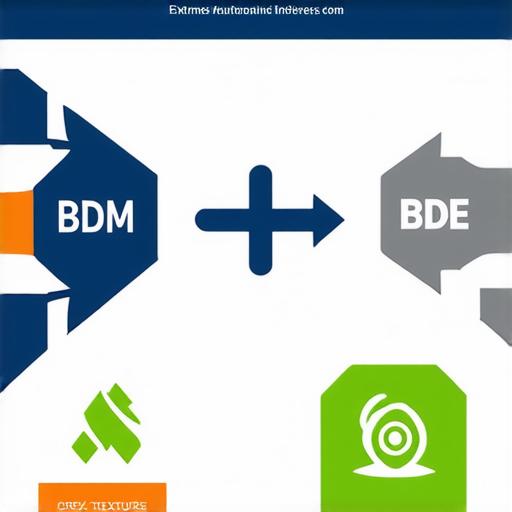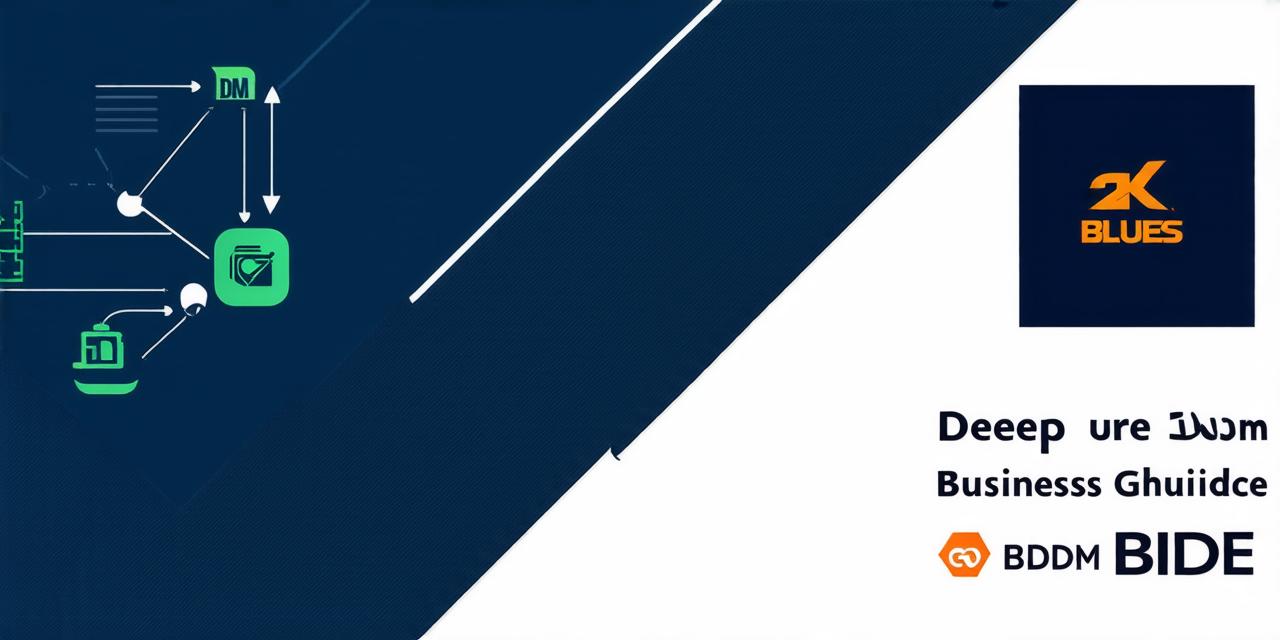<h2>Choosing Between Business Development Manager (BDM) and Business Development Executive (BDE): Which One is Right for Your Business?</h2>
<p>In today's fast-paced business world, companies are constantly seeking ways to stay ahead of the competition and achieve sustainable growth. Two critical roles play a crucial part in achieving these goals - Business Development Manager (BDM) and Business Development Executive (BDE). While both positions involve identifying potential new clients and securing new business opportunities, they differ significantly in terms of their responsibilities, qualifications, and experience.</p>
<h2>What is a Business Development Manager (BDM)?</h2>
<p>A Business Development Manager (BDM) is responsible for identifying potential new clients, building and maintaining relationships with them, and negotiating deals on behalf of their company. BDMs typically work in the early stages of a project and play a critical role in securing new business opportunities. They need to have strong communication skills, be able to articulate the benefits of their company's products or services to potential clients, build trust and rapport with them, and negotiate contracts that are mutually beneficial.</p>
<h2>What is a Business Development Executive (BDE)?</h2>
<p>A Business Development Executive (BDE) is responsible for managing an organization's overall business development strategy. BDEs work closely with the company's sales and marketing teams to identify new opportunities, develop targeted campaigns, and build long-term relationships with clients. They need to have strong analytical skills and be able to think creatively about how to generate new business opportunities. They also need to have strong leadership skills to manage cross-functional teams of sales, marketing, and product development professionals.</p>
<h2>Which Role is Right for Your Business?</h2>
<p>The right role for your business will depend on a variety of factors, including the size of your organization, the type of software development projects you undertake, and your specific business goals. Here are some key considerations to keep in mind when deciding which role is best for your business:</p>
<h3>1. Project Size and Complexity</h3>
<p>If you're working on smaller software development projects, a Business Development Manager (BDM) may be more suitable. On the other hand, if you're undertaking larger, more complex projects that require a broader range of skills, a Business Development Executive (BDE) may be a better fit.</p>
<h3>2. Business Goals</h3>
<p>If your primary goal is to generate new business opportunities and secure new clients, then a BDM may be the right choice. However, if you're looking to establish your company as a market leader, drive revenue growth, and build long-term relationships with clients, then a BDE may be the better option.</p>
<h3>3. Budget</h3>
<p>Hiring a Business Development Executive (BDE) typically requires a higher budget than hiring a Business Development Manager (BDM). This is because BDEs have more experience and require more resources to develop strategic plans and manage cross-functional teams.</p>
<h3>4. Experience</h3>
<p>Business Development Executives (BDEs) typically have more experience than Business Development Managers (BDMs). They have worked in a variety of industries and have developed deep knowledge of market trends, competition, and strategic planning.</p>
<h3>5. Team Structure</h3>
<p>Business Development Executives (BDEs) typically work closely with other departments to ensure that all initiatives are aligned with the business strategy. They need strong leadership skills to manage cross-functional teams of sales, marketing, and product development professionals.</p>
<h2>Real-Life Examples and Case Studies</h2>
<p>Let's take a look at some real-life examples and case studies to illustrate the differences between BDM and BDE roles:</p>
<h3>Example 1: A Small Software Development Company</h3>
<p>A small software development company has recently expanded its services to include cloud computing solutions. The company has a limited budget and needs to generate new business opportunities quickly. In this case, hiring a Business Development Manager (BDM) may be the better option. The BDM can work closely with the sales and marketing teams to develop targeted campaigns, build brand awareness, and generate leads. They can also help the company identify potential clients and negotiate deals on behalf of the organization.</p>

Example 2: A Large Software Development Company
<p>A large software development company has been in business for over a decade and has established itself as a market leader in its industry. The company has a well-established team structure, but it needs to develop a new strategic plan to stay ahead of the competition. In this case, hiring a Business Development Executive (BDE) may be the better option. The BDE can work closely with other departments to ensure that all initiatives are aligned with the business strategy. They can also develop creative solutions to generate new business opportunities and build long-term relationships with clients.</p>
<h3>Example 3: A Software Development Company Expanding into a New Market</h3>
<p>A software development company has recently decided to expand its services to include mobile app development. The company has limited experience in this market, but it wants to establish itself as a thought leader and drive revenue growth. In this case, hiring a Business Development Executive (BDE) may be the better option. The BDE can work closely with other departments to develop a comprehensive business plan that includes goals for revenue growth, product development, and market expansion. They can also build strategic partnerships with key players in the mobile app development industry and establish the company as a thought leader in this space.</p>
<h3>Summary</h3>
<p>In conclusion, Business Development Manager (BDM) and Business Development Executive (BDE) play critical roles in the software development industry. BDMs are responsible for identifying potential new clients and negotiating deals on behalf of their company, while BDEs focus on managing an organization's overall business development strategy and building long-term relationships with clients.</p>
<p>When deciding which role is best for your business, it's important to consider factors such as project size and complexity, business goals, budget, experience, and team structure. By understanding the key differences between BDM and BDE roles and selecting the right fit for your organization, you can maximize your chances of success in the competitive software development industry.</p>

